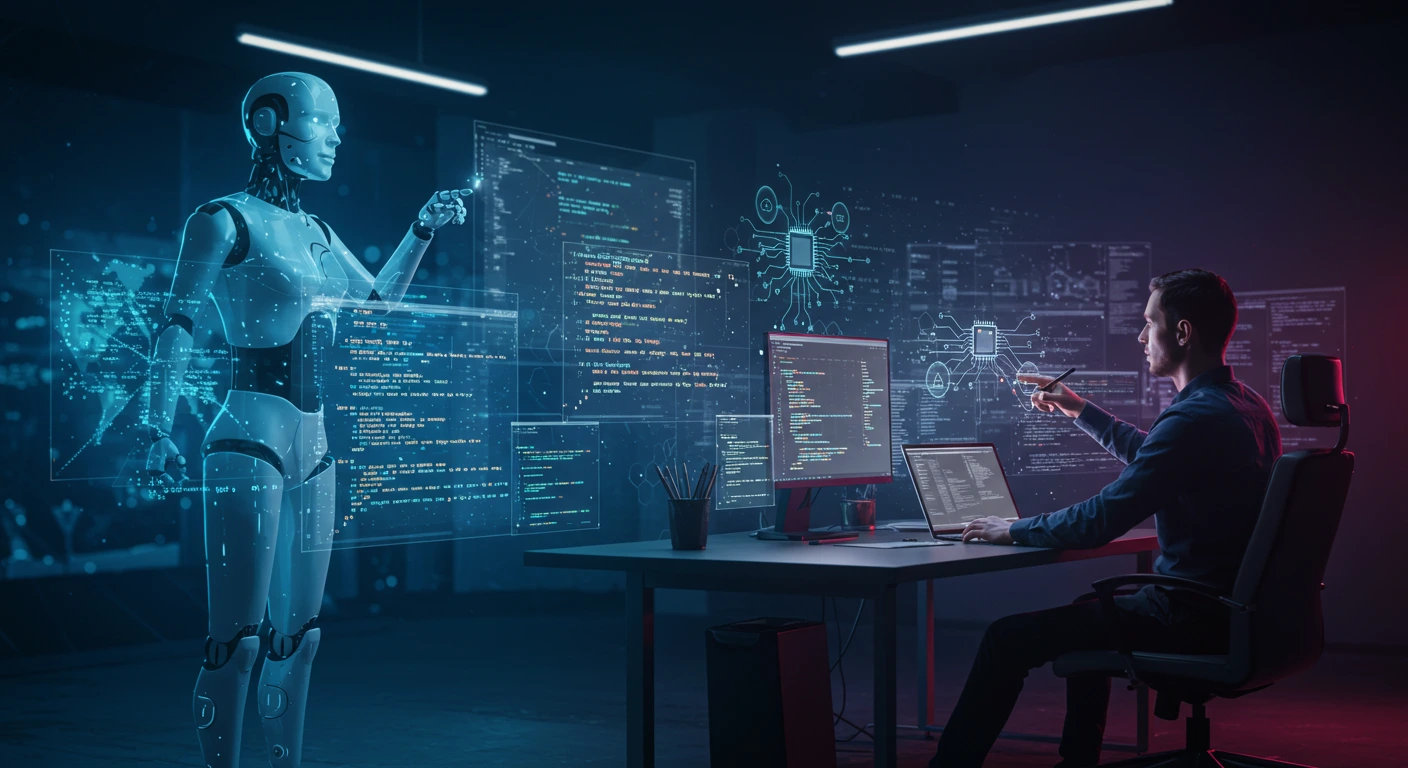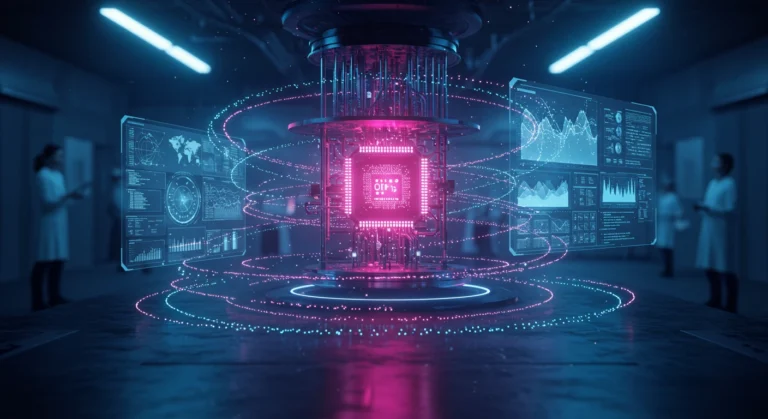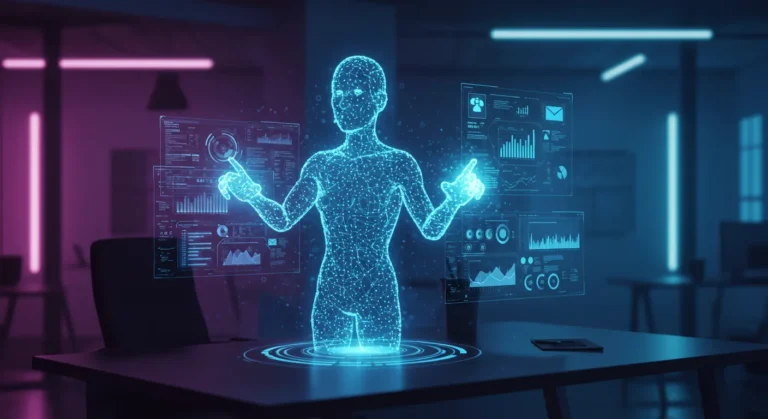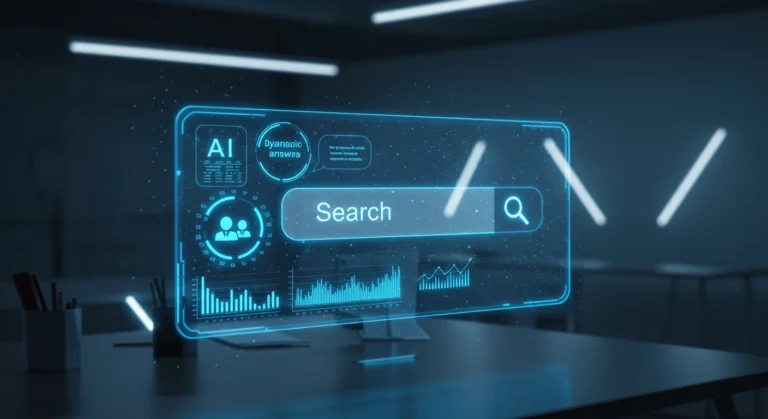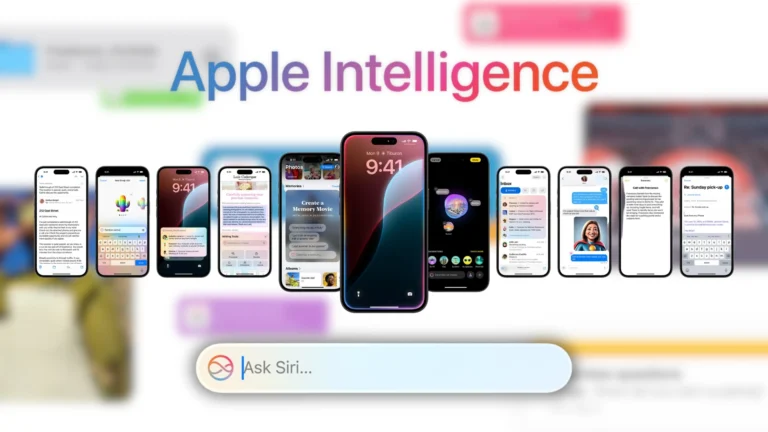The Rise of AI Code Generators: Will Developers Be Replaced?
Introduction
Artificial Intelligence has transformed nearly every industry—and software development is no exception. With the emergence of powerful AI code generators like GitHub Copilot, Amazon CodeWhisperer, and ChatGPT’s coding capabilities, a question is making waves across the tech world:
Will developers eventually be replaced by AI?
In this article, we’ll explore what AI code generators are, how they work, their real-world use cases, and whether or not they’re a threat—or a tool—for human developers.
Table of Contents
What Are AI Code Generators?
AI code generators are tools powered by machine learning models—particularly large language models (LLMs)—that assist in writing, correcting, or suggesting code in various programming languages.
They can:
- Autocomplete functions
- Suggest code snippets
- Generate entire modules from a prompt
- Explain what a piece of code does
- Translate code between languages
They’re designed to enhance developer productivity, not necessarily eliminate the developer role.
How Do AI Code Generators Work?
AI code tools are trained on billions of lines of public code, documentation, forums like Stack Overflow, and technical documentation.
When a developer starts typing code or gives a prompt like “Create a function that sorts a list of names,” the AI model predicts and generates code that fits the context.
Most use the transformer-based architecture (like OpenAI’s Codex or Google’s Codey) to understand syntax, logic, and common patterns.
Popular AI Coding Tools in 2025
- GitHub Copilot – Integrated into IDEs, offers autocomplete and code suggestions in real-time.
- Amazon CodeWhisperer – Context-aware code assistance tailored to AWS and cloud development.
- Tabnine – Offers AI-driven autocompletion optimized for teams and enterprise environments.
- ChatGPT + Code Interpreter – Generates, debugs, and explains code across many languages.
- Replit Ghostwriter – Built into online IDEs with strong support for collaborative development.
These tools are growing more advanced every year—especially with improvements in multi-modal AI and natural language understanding.
Benefits of Using AI for Coding
✅ Increased Productivity: Automates boilerplate code, letting developers focus on logic and architecture.
✅ Faster Prototyping: AI can quickly generate drafts for MVPs and test ideas.
✅ Learning Support: Beginners can use AI as a mentor to learn syntax and solve problems.
✅ Fewer Typos and Syntax Errors: Real-time linting and suggestions reduce trivial bugs.
✅ Multilingual Support: AI tools can work across Python, JavaScript, C++, and more.
AI isn’t just saving time—it’s helping developers write cleaner, faster, and more consistent code.
Limitations and Risks
⚠️ Lack of True Understanding: AI doesn’t “understand” your project—it just predicts likely code.
⚠️ Security Risks: Auto-generated code might include outdated, vulnerable, or inefficient patterns.
⚠️ Overreliance: Developers may become too dependent on AI and neglect deeper learning.
⚠️ Code Quality Issues: Not all generated solutions are optimal or idiomatic for the language.
⚠️ Legal Concerns: Questions around code licensing and reuse from training data.
AI is powerful, but it’s not perfect—and relying on it blindly can introduce serious risks.
Will AI Replace Developers?
No—but it will change the role significantly.
Just like calculators didn’t eliminate mathematicians, AI code generators won’t eliminate developers. Instead, they’ll elevate them:
- Developers will become code reviewers, architects, and system designers.
- More emphasis will be placed on understanding business logic, security, and collaboration.
- Teams will evolve to include AI-literate roles that can guide and evaluate machine-generated code.
In short: AI will write more code, but humans will direct and refine it.
The Future of Programming with AI
As AI tools get smarter:
- More non-coders will be able to build software via natural language prompts.
- Teams will move faster with hybrid human-AI workflows.
- New roles like “AI Developer Experience Designer” or “Prompt Engineer” will emerge.
- Programming may become more about logic, structure, and orchestration than typing lines of code.
The developer of the future will be part coder, part strategist, part AI wrangler.
Final Thoughts
AI code generators are not the end of software development—they’re the next evolution of it.
Rather than fear the change, developers should embrace AI as a partner—a tool to enhance creativity, boost productivity, and accelerate innovation.
Will developers be replaced? No. But the best developers will be the ones who know how to work with AI—not against it.
Stay connected for weekly updates, pins, and expert takes on emerging tech.
→ Twitter | Pinterest | Bluesky | Medium

